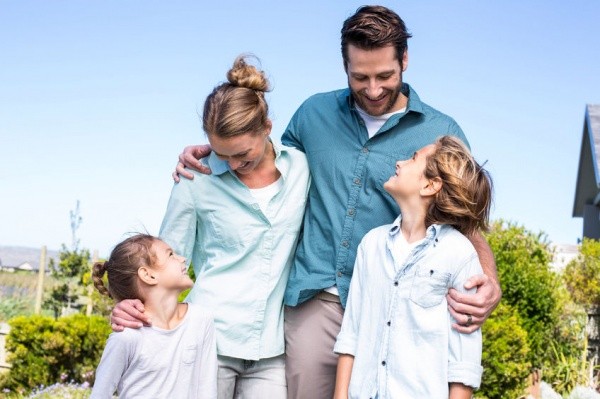It can be very difficult to be a parent. There is an old joke that goes along the lines of ‘there should be a class for this’ – a tongue-in-cheek acknowledgement that parenting is something that most are not prepared for. It is hard even to be prepared when the subject is very varied and experience-based. In short, it is not easy to know how to be a parent unless you have actually been there.
Even then, some parents with more than one child still have a hard time parenting in an effective and healthy way. In some cases this is malicious, and in others it spawns from lacking the tools and knowledge to parent in a way that is beneficial to both parties – the parent and the child. This is where parenting therapy comes in, and it can be an extremely useful tool for fledgling parents who need a push in the right direction.
1. A better understanding of each other
A large disconnect found in parent-child relationships is a gap in understanding. It is often that kids say, when they are punished and misunderstood by their parents, that they want to grow up to treat their children better. They were a kid once. They will know what it is like. And yet this cycle continues.
This is not because the idea is juvenile – you do go through a lot of growing between the periods of being a child and having a child, and your outlook on a lot of things does change. But the main problem is that parents find children being frustrated because they have not done all that developing yet, and it can be easy to get impatient with a child when you are screaming inside ‘why don’t you get it already!’
Parenting therapy helps take things down a notch. It creates a barrier of understanding both between a parent who is frustrated with their child’s inability to understand them and a child who has no context for understanding an adult mindset.
Read also – 7 Signs Your Children Are Truly Happy
2. Finding productive and safe ways to deal with behavioral issues
The frustration parents face with unruly children can sometimes be too much for them to handle. Everyone has their breaking point, and having children can make you feel like your sanity’s thread is getting thinner and thinner by the second. This stress can lead to outburst like screaming, spanking or striking.
Many studies have shown that aggressive parenting does not work effectively – you might scare a child into doing what they are told, but this creates a hostile atmosphere that is not conducive to safety or emotional well-being. Parenting therapy can help parents learn better disciplinary strategies that are both effective and safe at the same time.
3. Creating a safer environment
Having an unsafe environment might set off a lot of alarm bells in your head. No, this does not necessarily have to do with abuse – an environment can be unsafe in a lot of ways. An unsafe environment is one in which someone is uncomfortable to act because of a present or perceived repercussion.
You want a home environment that lets your kids feel same in coming to you, talking to you and trusting you. There are a lot of reasons that this might not be present; some of them are not entirely your fault.
Some subject matter, like sex and sexuality, are uncomfortable to bring up in most environments for children and teens. Other topics and instances, however, are kept hidden and secluded because of your reactions or history on a topic.
A parent therapy session can help you explore these issues – whether you are an active participant in the atmosphere, or if you just want to know how to create a comfortable environment for your children.
4. Stress reduction
Parenting can be one of the most stressful jobs you will ever have. Your children may not feel this stress directly, but it does affect them, perhaps in ways you do not fully realize or understand. When you are stressed, this energy and mood can seep into your children and others around you, causing a negative environment.
Sometimes parenting therapy is all about learning how to relax and remain calm, even when you want to rip your hair out. A less stressful parenting environment is honestly a better overall atmosphere for everyone in your household to coexist in.
Read also – 8 Ways to Stop a Child’s Temper Tantrum in 5-10 Seconds (or less)
5. Clear and open communication channels
The ability to communicate effectively with your child is the key to growing a healthy relationship with them. This may seem easy and like common sense, but many parents do not know how to best talk to their child in a way that they can both respect and understand.
Sometimes parents do not give their children enough credit. They talk down to them, fostering a hostile environment when the child feels like they are being patronized. Other parents talk over their children’s heads in a way they cannot completely understand.
Finding this happy medium is hard, and parenting therapy sessions can help a mother or father learn how to effectively speak and engage with their children in a way that is fruitful for both parties.

